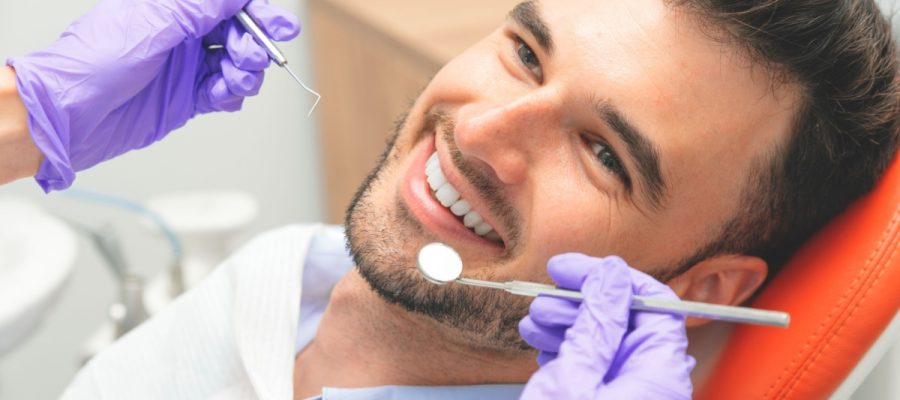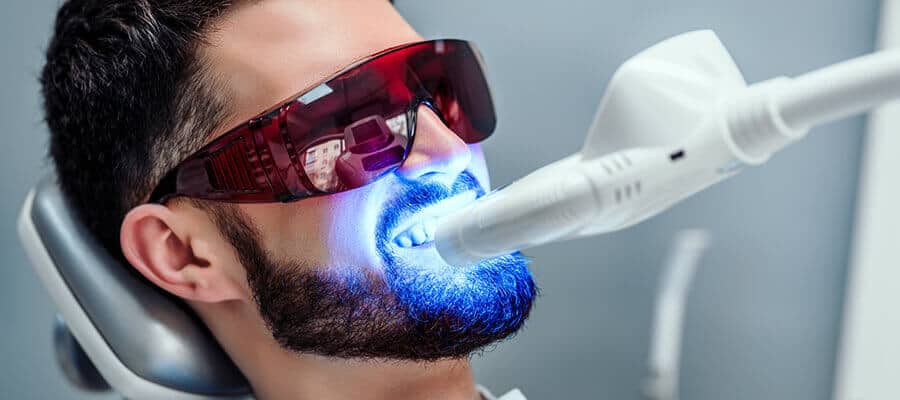
Can Flossing and Brushing Alone Prevent Cavities?

Daily brushing and flossing are key to keeping your teeth healthy, but are they enough to completely prevent cavities? Many believe these habits alone guarantee a cavity-free mouth, yet cavities can still develop despite good oral hygiene. To maintain strong teeth, it’s important to understand how cavities form and what additional steps can help. If you’re looking for expert dental care, Dr. Rader at Sevierville Dentist provides comprehensive treatments to keep your smile in top shape.
How Brushing and Flossing Support Oral Health
Brushing with fluoride toothpaste twice a day helps remove plaque, a bacterial film that builds up on teeth. Plaque produces acids that weaken enamel and lead to cavities. Flossing complements brushing by cleaning between teeth, reaching places where a toothbrush may not be effective. Together, these habits help reduce plaque buildup and minimize the risk of tooth decay.
Why Brushing and Flossing May Not Be Enough
While essential, brushing and flossing alone may not fully protect against cavities. Several factors can contribute to tooth decay, even with proper oral hygiene.
Diet and Sugar Intake Impact Tooth Health
Sugary and acidic foods fuel bacteria that produce cavity-causing acids. Even if you brush and floss regularly, frequent snacking on sweets and sodas can weaken enamel and increase the risk of cavities.
Deep Grooves in Teeth Can Trap Bacteria
Molars and other teeth with deep grooves and crevices can be difficult to clean thoroughly. These hard-to-reach areas may harbor plaque and bacteria, making them more susceptible to decay.
Saliva Plays a Key Role in Preventing Cavities
Saliva helps wash away food particles and neutralize harmful acids in the mouth. If you have dry mouth due to medications, dehydration, or health conditions, your natural defense against cavities is weakened.
Fluoride and Professional Dental Care Are Crucial
Fluoride strengthens tooth enamel and helps prevent decay. While fluoride toothpaste provides some protection, professional fluoride treatments from a dentist can offer additional benefits. Regular dental visits also help detect early signs of cavities before they progress.
Additional Ways to Protect Your Teeth
To further reduce your risk of cavities, consider these additional preventive measures.
Routine Dental Exams and Cleanings: Professional cleanings remove plaque and tartar that daily brushing may miss. Regular check-ups allow your dentist to identify potential issues early and recommend treatments such as fluoride applications or sealants.
Dental Sealants Offer Extra Protection: Sealants are thin, protective coatings applied to the chewing surfaces of molars. They create a barrier that prevents bacteria and food particles from settling in deep grooves, reducing the risk of cavities.
A Healthy Diet Supports Strong Teeth: Reducing sugary foods and acidic beverages lowers the presence of harmful bacteria in your mouth. Drinking water instead of soda or juice helps rinse away food particles and maintain moisture in the mouth.
Mouthwash Can Provide Additional Defense: Using an antibacterial or fluoride mouthwash can help reduce bacteria and strengthen enamel, offering extra protection against cavities.
Take the Next Step Toward a Healthier Smile
While brushing and flossing are essential for maintaining oral health, they work best alongside regular dental care, fluoride treatments, and a balanced diet. Taking these extra precautions can help keep your teeth strong and cavity-free. If you’re ready to enhance your oral health, schedule an appointment with Dr. Rader in Sevierville for expert care and personalized dental solutions. Protect your smile with the best preventive care available.






